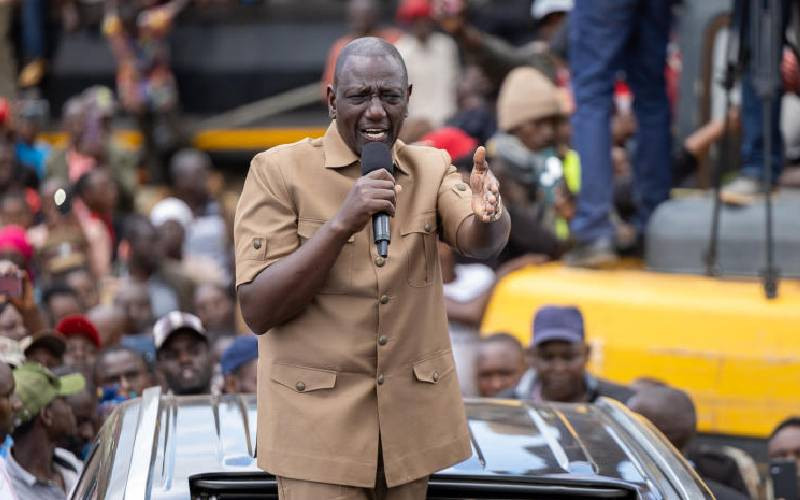×
The Standard e-Paper
Fearless, Trusted News

President William Ruto's commitment to eradicate corruption seems to remain powerful in words and not deeds, according to the latest report by Transparency International (TI).
The report released on January 30 revealed that most countries, including Kenya, have made little to no progress in tackling corruption in more than a decade, amidst weakening justice systems across the world that continue to leave corruption unchecked.